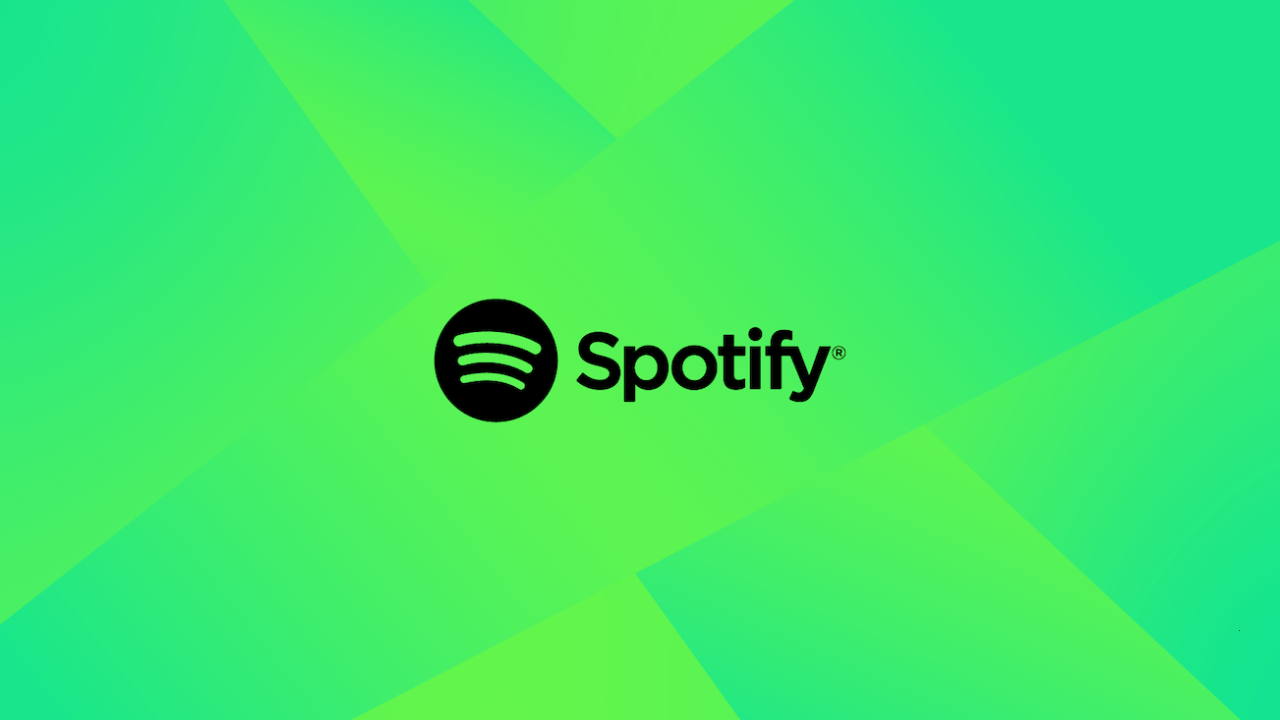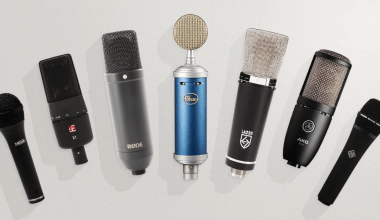Spotify, the world’s most popular music streaming platform, was officially launched on October 7, 2008. This date marked a significant turning point in the music industry. Spotify introduced a revolutionary model, combining convenience, affordability, and legality, addressing the growing issue of music piracy.
The Spotify launch date wasn’t just about unveiling a new product; it was the beginning of a new era in music consumption. Let’s explore the journey of Spotify from its launch to becoming a global music streaming giant.
The Birth of Spotify
Spotify was founded in 2006 in Stockholm, Sweden, by Daniel Ek and Martin Lorentzon. Their vision was clear: to create a platform that made music accessible to everyone while ensuring artists were fairly compensated.
By the time of its official launch date in 2008, Spotify had already secured partnerships with major record labels, allowing it to offer a vast library of licensed music. This was a critical factor that differentiated Spotify from other platforms of the time.
The Challenges Before the Spotify Launch Date
Launching Spotify was no easy task. Before its debut, the music industry faced numerous challenges:
- Piracy Epidemic: Platforms like Napster and LimeWire had disrupted the industry, making illegal downloads rampant.
- Lack of Accessibility: Legal music platforms were limited, expensive, and often region-restricted.
- Artist Compensation Issues: Many artists struggled to receive fair pay for their work.
Spotify addressed these challenges by offering a freemium model—users could stream music for free with ads or subscribe to a premium plan for an ad-free experience.
The Spotify Launch Date: October 7, 2008
On its launch date, Spotify was introduced as an invite-only service in Sweden, Finland, Norway, France, the UK, and Spain. The response was overwhelmingly positive, with users praising its ease of use, vast music library, and innovative streaming technology.
The Spotify launch date was carefully chosen to coincide with the growing popularity of digital music consumption, positioning the platform as a legal and user-friendly alternative to piracy.
Spotify’s Journey Post-Launch
Following its launch date, Spotify quickly expanded its reach and features:
- 2009: Spotify launched its iPhone and Android apps, allowing users to stream music on the go.
- 2011: The platform entered the U.S. market, a critical milestone in its global expansion.
- 2013: Spotify introduced Discover Weekly, a personalized playlist feature powered by advanced algorithms.
- 2015: The launch of Spotify Wrapped became a viral sensation, summarizing users’ listening habits.
Spotify’s journey since its launch date has been marked by innovation, growth, and a commitment to improving the user experience.
How Spotify Changed the Music Industry
The Spotify launch date is significant because it marked the beginning of a new business model for the music industry:
- Freemium Model: Users could access basic features for free, encouraging mass adoption.
- Revenue Sharing: Spotify ensured that artists, labels, and rights holders received a share of the revenue.
- Streaming Revolution: By making music streaming mainstream, Spotify shifted the focus from ownership to access.
Today, Spotify remains a pioneer, with over 500 million active users worldwide, including millions of premium subscribers.
The Global Impact of Spotify’s Launch
Spotify’s launch date was the start of a global movement. Here’s how it has impacted different aspects of the industry:
- For Listeners: Spotify made music more accessible than ever. Users could explore millions of tracks instantly.
- For Artists: The platform provided a new way for artists to reach audiences worldwide.
- For Labels: Record labels benefited from a legal and scalable revenue stream.
Spotify’s influence extends beyond music, with its growing focus on podcasts, audiobooks, and live audio.
Spotify’s Innovations Since Its Launch
Since its launch date, Spotify has consistently introduced groundbreaking features:
- Personalized Playlists: Discover Weekly and Release Radar offer tailored recommendations.
- Collaborative Playlists: Users can create and edit playlists with friends.
- Enhanced Audio Quality: Spotify HiFi, introduced in 2021, offers CD-quality sound.
- Podcasts: Spotify has become a leading platform for podcast streaming and creation.
These innovations have solidified Spotify’s position as a leader in the streaming industry.
Challenges Spotify Faced After Its Launch
Despite its success, Spotify has faced challenges since its launch date:
- Artist Compensation: Some artists argue that Spotify’s payment model doesn’t provide fair compensation.
- Competition: Platforms like Apple Music, Amazon Music, and YouTube Music have increased competition.
- Content Licensing: Securing and renewing licensing agreements remains a complex task.
However, Spotify has continued to address these issues, ensuring its growth and relevance.
The Future of Spotify
As Spotify evolves, its focus extends beyond music:
- Podcasts and Audiobooks: Spotify aims to dominate the spoken-word audio market.
- AI Integration: Advanced algorithms will enhance personalization and discovery.
- Sustainability: Spotify is working towards becoming a carbon-neutral company by 2030.
Spotify’s future looks promising, with its launch date marking the foundation of an ever-expanding empire.
Conclusion: Spotify Launch Date and Its Legacy
The Spotify launch date, October 7, 2008, is more than just a date—it’s a milestone in music history. Spotify transformed how we consume, share, and discover music, creating a platform that caters to both listeners and creators.
From its humble beginnings in Sweden to becoming a global leader, Spotify’s journey is a testament to innovation, resilience, and a passion for music. As we look ahead, the legacy of Spotify’s launch date continues to shape the future of the music industry.
Related Articles:
For further reading, explore these related articles:
- How to Share Spotify Playlist: A Comprehensive Guide
- Spotify Today’s Top Fans: Celebrating Your Favorite Artists
For additional resources on music marketing and distribution, visit Deliver My Tune.






